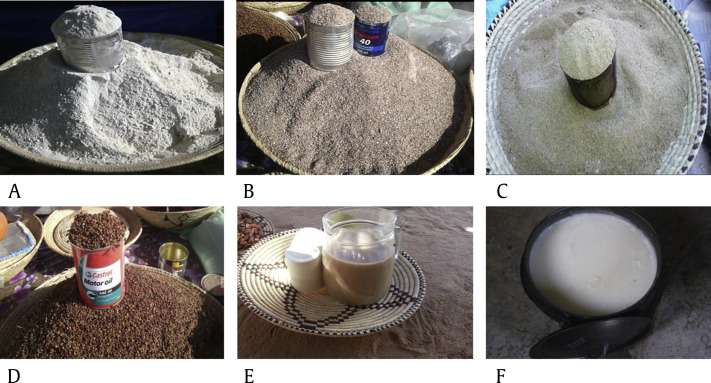Introduction: Namibian Cuisine
Namibian cuisine is a reflection of its cultural diversity, as well as the availability of food in the country’s varying climates. The cuisine is influenced by the indigenous tribes, German colonizers, and neighboring countries such as South Africa and Angola. Namibian cuisine includes a variety of meats, vegetables, and grains, with a focus on utilizing natural ingredients.
Fermented Foods: Definition and Importance
Fermentation is a process that has been used for thousands of years to preserve and enhance the flavor of food. Fermented foods are made by adding beneficial bacteria or yeasts to food, allowing them to break down sugars and transform them into organic acids, alcohol, or gases. Fermentation also increases the nutritional value of food and can aid in digestion.
Fermented foods are known to have numerous health benefits, including improving gut health, boosting the immune system, and reducing inflammation. They also add unique flavors to dishes and can be used as a condiment or a main ingredient in traditional dishes.
Namibian Cuisine and Fermented Foods
Fermented foods have a significant presence in Namibian cuisine, with many traditional dishes incorporating them. Because of the country’s hot and dry climate, fermentation is an ideal way to preserve food, making it an essential part of Namibian cooking.
Fermented drinks such as Omagungu, a sour milk beverage, are a popular choice in Namibia. They are consumed for their nutrition and refreshing taste. Additionally, fermented porridges like Oshifima and Omutete are a staple in many Namibian households.
Examples of Traditional Fermented Foods in Namibia
Namibia has a wide range of fermented foods that are considered traditional and are still consumed today. Mopane worms, a popular snack, are dried and fermented before being cooked and served. Oshikundu, a fermented drink made from millet, is a traditional drink that is enjoyed by many Namibians. Other fermented foods include Otjize paste, made from butter and ochre powder, and Ombidi, a type of pickled wild cucumber.
Health Benefits and Risks of Fermented Foods
While fermented foods offer several health benefits, some individuals may experience adverse reactions. The fermentation process can cause histamine levels in food to increase, which can cause symptoms such as headaches and itching in those who are histamine intolerant. Additionally, fermented foods can be high in sodium, which can be an issue for those with high blood pressure.
Overall, fermented foods can be a healthy addition to a balanced diet, but it’s essential to consume them in moderation and be aware of any potential risks.
Conclusion: The Future of Fermented Foods in Namibian Cuisine
Fermented foods have been a part of Namibian cuisine for centuries and will likely continue to be a staple in the country’s cooking. As more research is conducted on the health benefits of fermented foods, there may be an increase in their popularity in Namibia and beyond. The unique flavors and added nutritional benefits of fermented foods make them an excellent addition to any diet.

